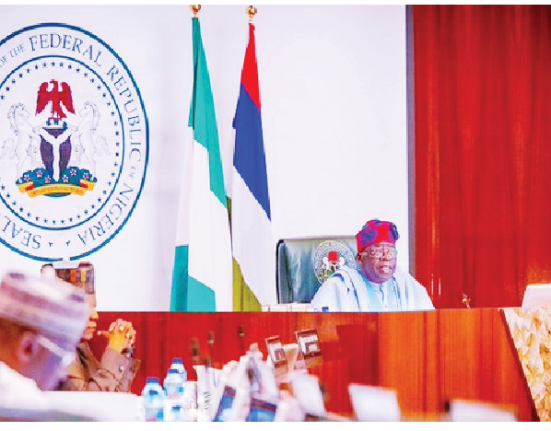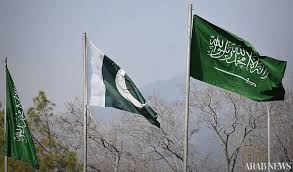In response to the United States’ decision to suspend aid to several countries, including Nigeria, governments across Africa are bolstering their health budgets to mitigate the impact of these cuts.
The World Health Organization (WHO) has noted that Nigeria has allocated an additional $200 million to its health sector in the 2025 budget to offset the reduction in global aid.Nigeria’s National Assembly has also increased the health budget by N300 billion, bringing the total allocation to over N2.5 trillion for the year.
This move is part of a broader strategy to address health challenges such as tuberculosis, HIV, malaria, and polio, which were previously supported by U.S. aid through USAID.Despite these increases, Nigeria’s health sector still faces significant funding gaps. The current allocation represents only about 5% of the national budget, far below the 15% target set by the Abuja Declaration of 2001.
Public health advocates continue to call for more substantial investments in healthcare to meet international standards and improve health outcomes.Other African countries are also taking similar steps to enhance their health budgets in light of reduced international aid. This trend highlights the growing recognition of the need for self-sufficiency in healthcare financing across the continent, as countries seek to strengthen their health systems and reduce dependence on foreign assistance.







